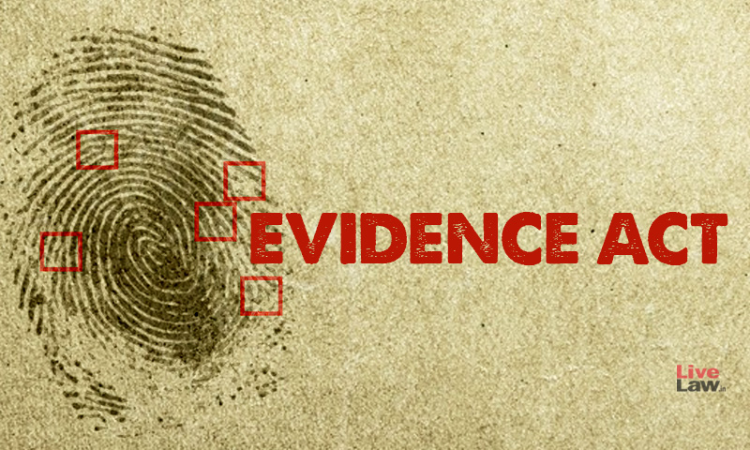Hearsay Statements Made Contemporaneously With Act Or Immediately Thereafter Admissible U/S 6 Evidence Act: MP High Court
Zeeshan Thomas
2 May 2022 10:07 AM IST

Next Story
2 May 2022 10:07 AM IST
The Madhya Pradesh High Court, Indore Bench recently held that a statement made by the deceased contemporaneously with the act or immediately thereafter would be admissible as dying declaration under Section 32 of the Indian Evidence Act.Further, statements made by the complainants regarding words uttered by the deceased, though hearsay, are admissible under Section 6 of the...
